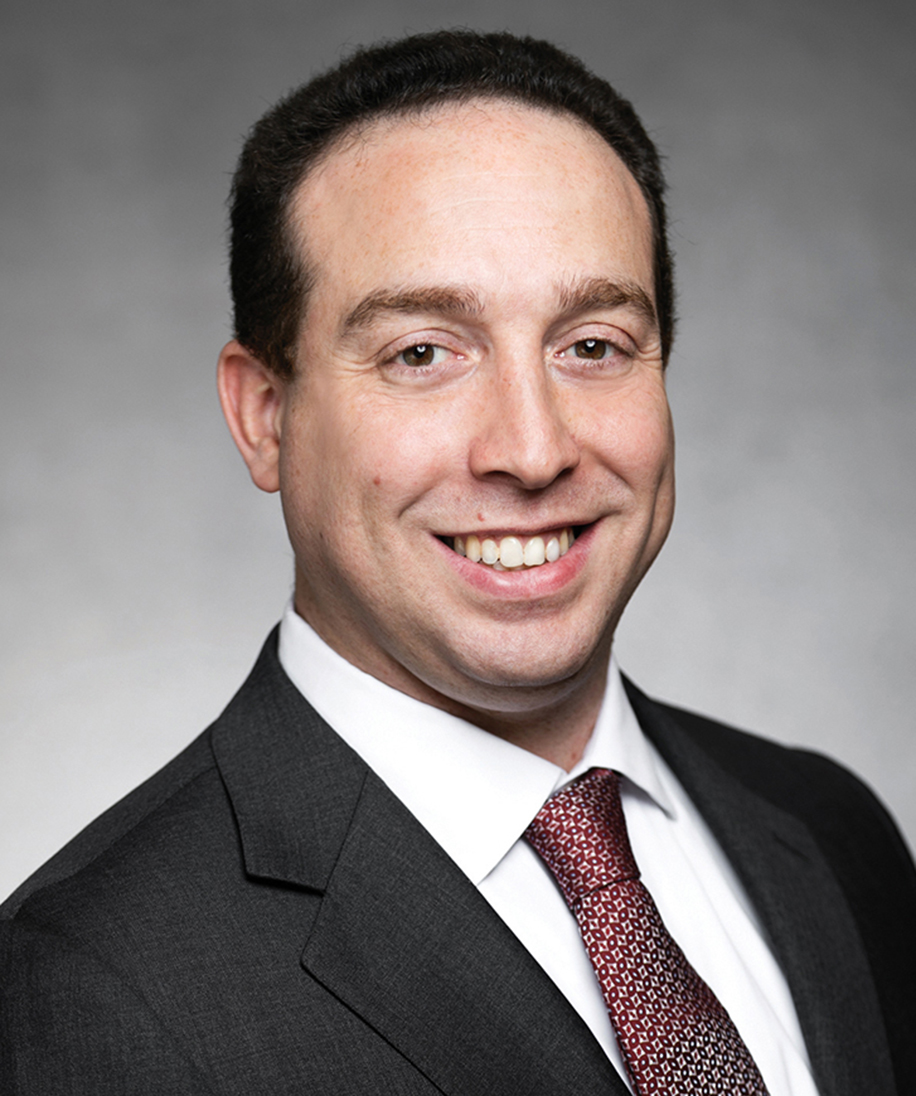Client Alert
District of New Jersey Prevents Generic Challenger from Using Claim Construction as a Backdoor to Introduce Barred Invalidity Defense
June 16, 2014
JOSEPH M. O’MALLEY, ISAAC S. ASHKENAZI, MELANIE R. RUPERT, & MAX H. YUSEM
On June 12, 2014, the District of New Jersey refused to permit a generic challenger from introducing an indefiniteness defense through claim construction where the generic challenger had not previously asserted the defense in its invalidity contentions. See Auxilium Pharm., Inc. v. Watson Labs., Inc., No. 12-3084, D.I. 207 (D.N.J. June 12, 2014). Read the decision here.
New Jersey Local Patent Rule 3.3(d) requires generic challengers in Hatch-Waxman Act litigations to include in their invalidity contentions, inter alia, “[a]ny grounds of invalidity based upon 35 U.S.C. § 101, indefiniteness under 35 U.S.C. § 112(2) or enablement or written description under 35 U.S.C. § 112(1) of any of the asserted claims.” Id. at 5. While Watson Laboratories, Inc. (“Watson”) previously sought leave to amend its invalidity contentions to include an indefiniteness defense, it was precluded from doing so because it failed to established diligence or good cause for not identifying the defense earlier in the case. See Auxilium Pharm., Inc. v. Watson Labs., Inc., No. 12-3084, D.I. 135, at 14-17 (D.N.J. June 6, 2013). Read the decision here. Indeed, the Court had found that “[n]one of the information needed to reach the conclusion that a limitation is indefinite was either in the exclusive control of [Auxilium Pharmaceuticals, Inc. (“Auxilium”)] or obscure. Watson points to nothing beyond the patents themselves. Watson could have reviewed the disclosure and considered indefiniteness at least as early as April 2012 for its notice letter.” Id. at 16.
After the Court prevented Watson from amending its invalidly contentions to include an indefiniteness defense, Watson attempted to force the defense into the case through claim construction proceedings. See Auxilium, D.I. 207 at 1-2. Initially, Watson argued that claim construction of the viscosity terms was necessary for the issue of noninfringement. Id. at 3. When Auxilium mooted that argument by pursuing only “claims for which infringement was not disputed,” Watson then argued that claim construction “was necessary for other invalidity defenses.” Id. When Auxilium pointed out that Watson could not articulate any reason why claim construction would be relevant to its other invalidity defenses, Watson again shifted positions and argued that “claim construction is required in this case, so that Watson may raise issues of indefiniteness.” Id. at 3-4. The Court, however, identified that the issue that needed to be addressed in the instant opinion was “whether a party that does not assert indefiniteness in its invalidity contentions, as required by Local Patent Rule 3.3(d), nonetheless can argue during claim construction that certain claim terms are indefinite and, therefore, the patents-at-issue are invalid.” Id. at 7.
Recognizing that Watson was in effect attempting to circumvent the requirements of the Local Patent Rules, the Court found that Watson could not seek a determination that the patents-at-issue are invalid for indefiniteness through claim construction. Id. at 8. The Court explained:
If the Court were to accept Watson’s argument that it can argue the viscosity terms are indefinite, and therefore the patents-at-issue are invalid, during claim construction (or at trial) even though Watson failed to comply with Rule 3.3(d), Rule 3.3(d) would be rendered meaningless. The Court declines to write subsection (d) out of the Local Patent Rule 3.3.
Id. The Court also concluded that claim construction proceedings were not necessary because Auxilium had removed any issues of noninfringement from the case and Watson had not offered any other explanation as to why claim construction would be relevant to Watson’s other invalidity defenses. Id. at 9-11.
Accordingly, this case is another important tool for innovator companies to use against generic drug manufacturers who attempt to circumvent the importance of the early disclosure requirements of Local Patent Rules by using claim construction proceedings as a backdoor to introduce invalidity arguments not included in their contentions.
If you have any questions concerning these developing issues, please do not hesitate to contact any of the following Paul Hastings lawyers:
New York
Joseph M. O’Malley
1.212.318.6090
josephomalley@paulhastings.comIsaac S. Ashkenazi
1.212.318.6432
isaacashkenazi@paulhastings.comMelanie R. Rupert
1.212.318.6846
melanierupert@paulhastings.com
Contributors


